On May 8, 2024, the Standing Council Meeting of the Comparative Education Branch of the Chinese Society of Education, hosted by the Branch and organized by the Research Institute for International and Comparative Education (RIICE) of Shanghai Normal University, was held at the UNESCO Teacher Education Centre (TEC). With the theme New Missions and Paths for the Development of Comparative Education Discipline from the Perspective of Building a Strong Country, the meeting was attended by Professor Gu Mingyuan, Honorary President of the Branch; Professor Liu Baocun, President of the Branch; all Vice Presidents; and Standing Council Members. Lin Zaiyong, Party Secretary of Shanghai Normal University, delivered a welcome speech on behalf of the university. Also present were Professor Fan Guorui, Dean of the Faculty of Education, and Professor Huang Haitao, Dean of the College of Education.
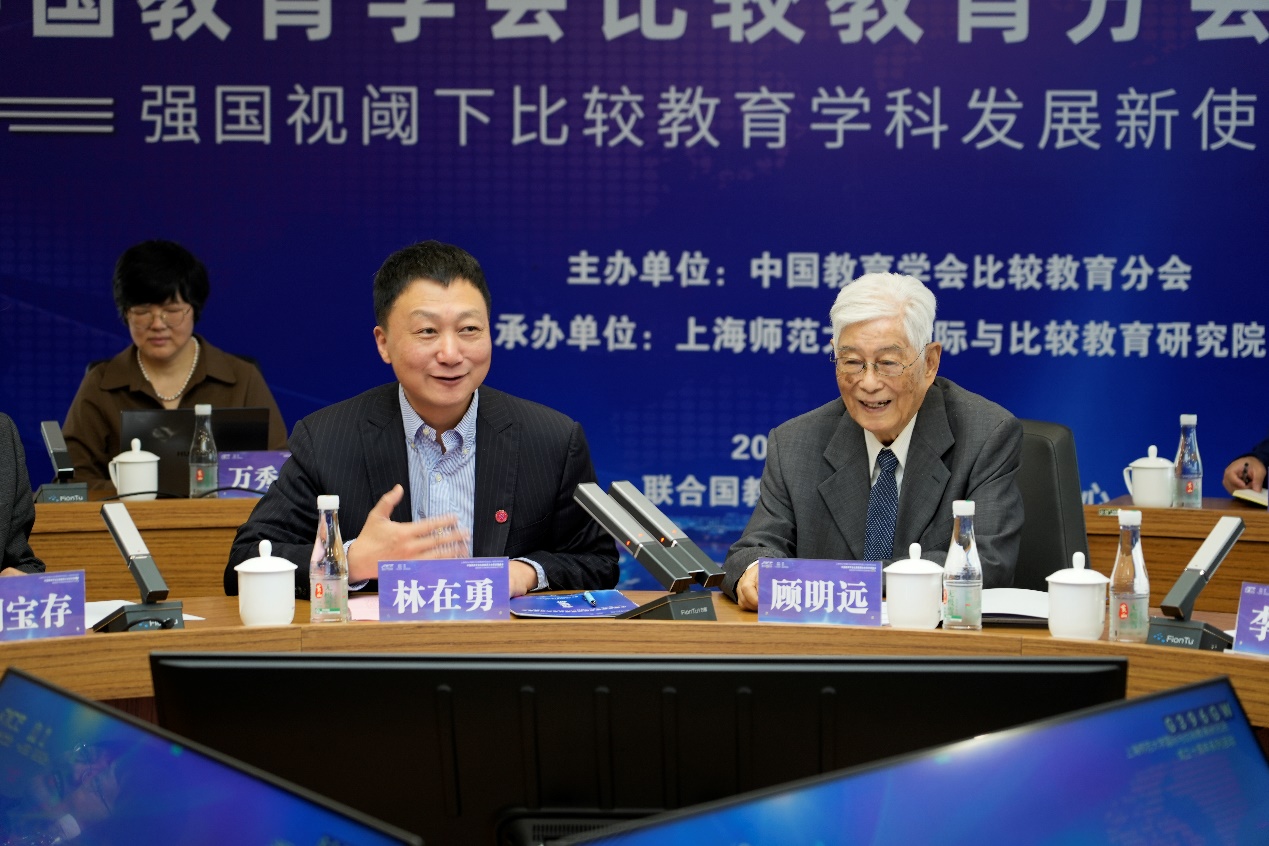
Prior to the meeting, Yuan Wen, President of Shanghai Normal University, paid a special visit to TEC to cordially meet with Mr. Gu Mingyuan. She thanked him for his historic contributions to the development of China’s comparative education discipline and wished him good health and longevity. Mr. Gu Mingyuan had a warm and lively exchange with Yuan Wen.
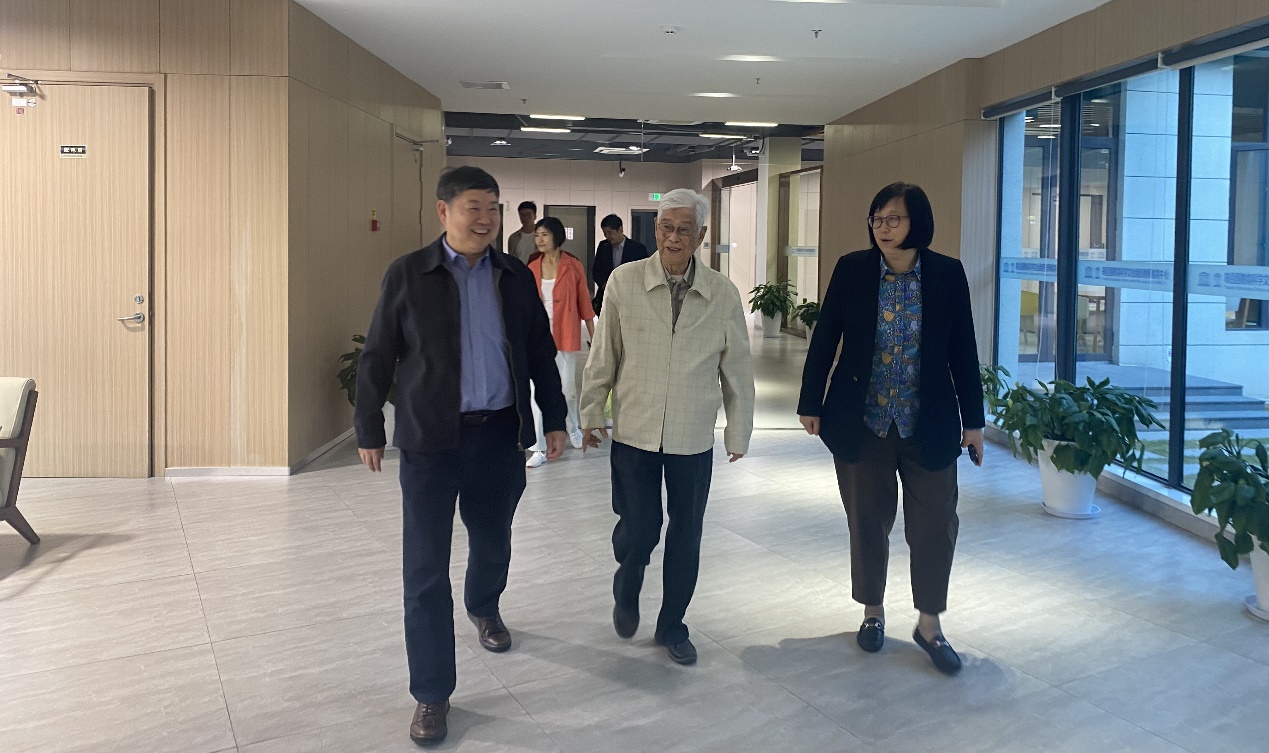
The morning session was chaired by Professor Hu Guoyong, Dean of RIICE and Standing Council Member of the Branch. In his speech, Liu Baocun warmly congratulated RIICE on its 10th anniversary and expressed hope that RIICE would make greater contributions to the development of comparative education in the future. He noted that under the current international situation, the comparative education discipline is facing new missions and challenges. On the basis of exploring the development of the discipline, this council would focus on addressing internal issues regarding the basic requirements for doctoral dissertations in the field, form relevant norms and consensus, and thereby improve the quality of doctoral dissertations.
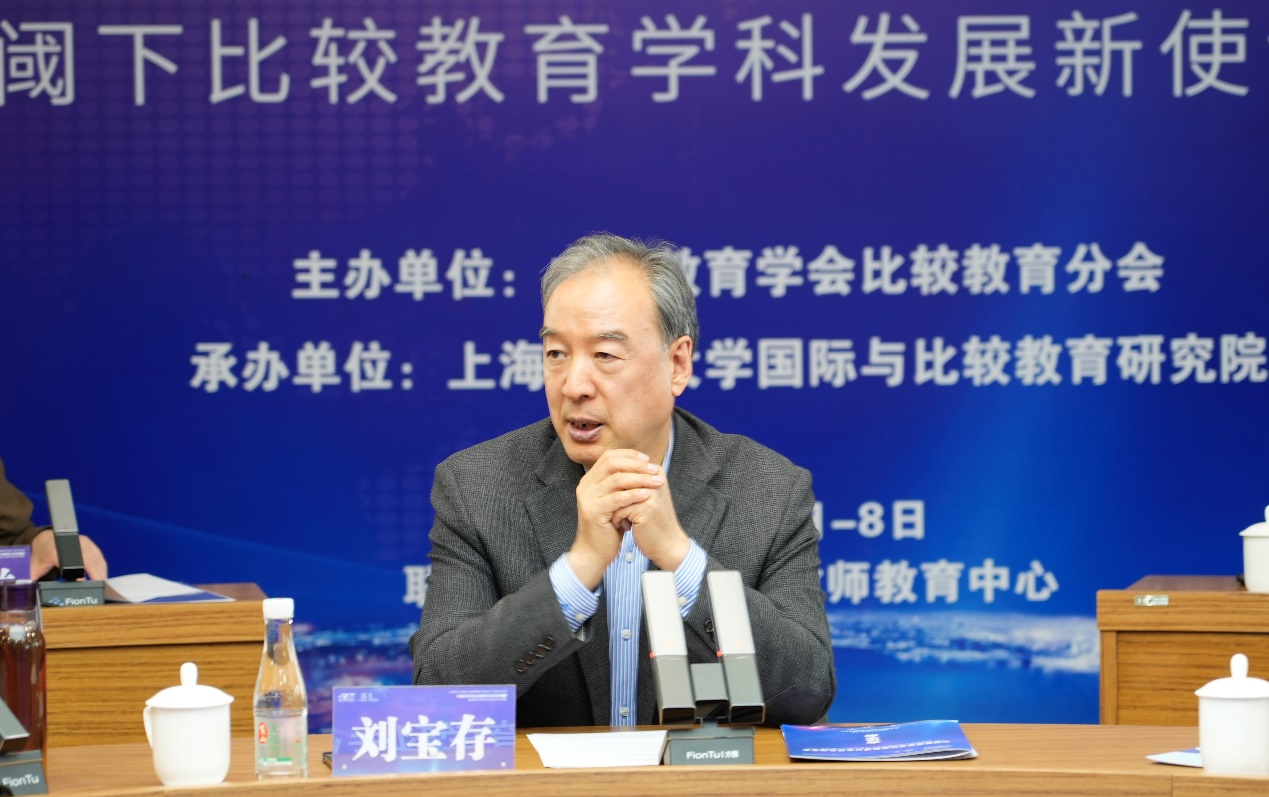
At the meeting, Mr. Gu Mingyuan delivered an insightful keynote speech. Starting from the historical evolution of changing international political landscapes, he systematically reviewed the unique role of China’s comparative education discipline in serving national strategies since the reform and opening-up. He emphasized that in the context of the great changes unseen in a century, comparative education research in China in the new era must adapt to new characteristics of the times, fully consider challenges brought by climate change, technological development, and population aging, and serve the building of an educational powerhouse and the advancement of the Belt and Road Initiative.
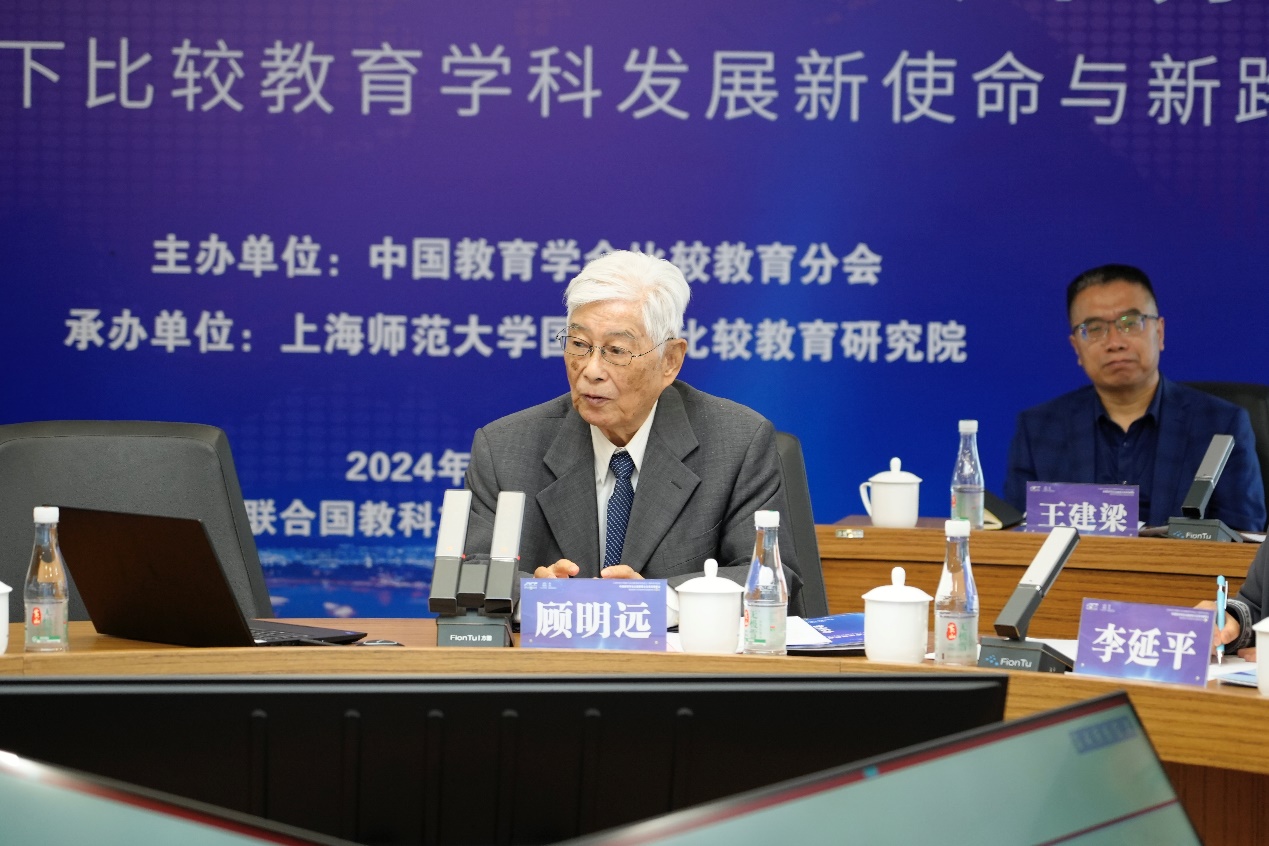
Mr. Gu Mingyuan also presented his signed book Collected Essays from the Soil to TEC.
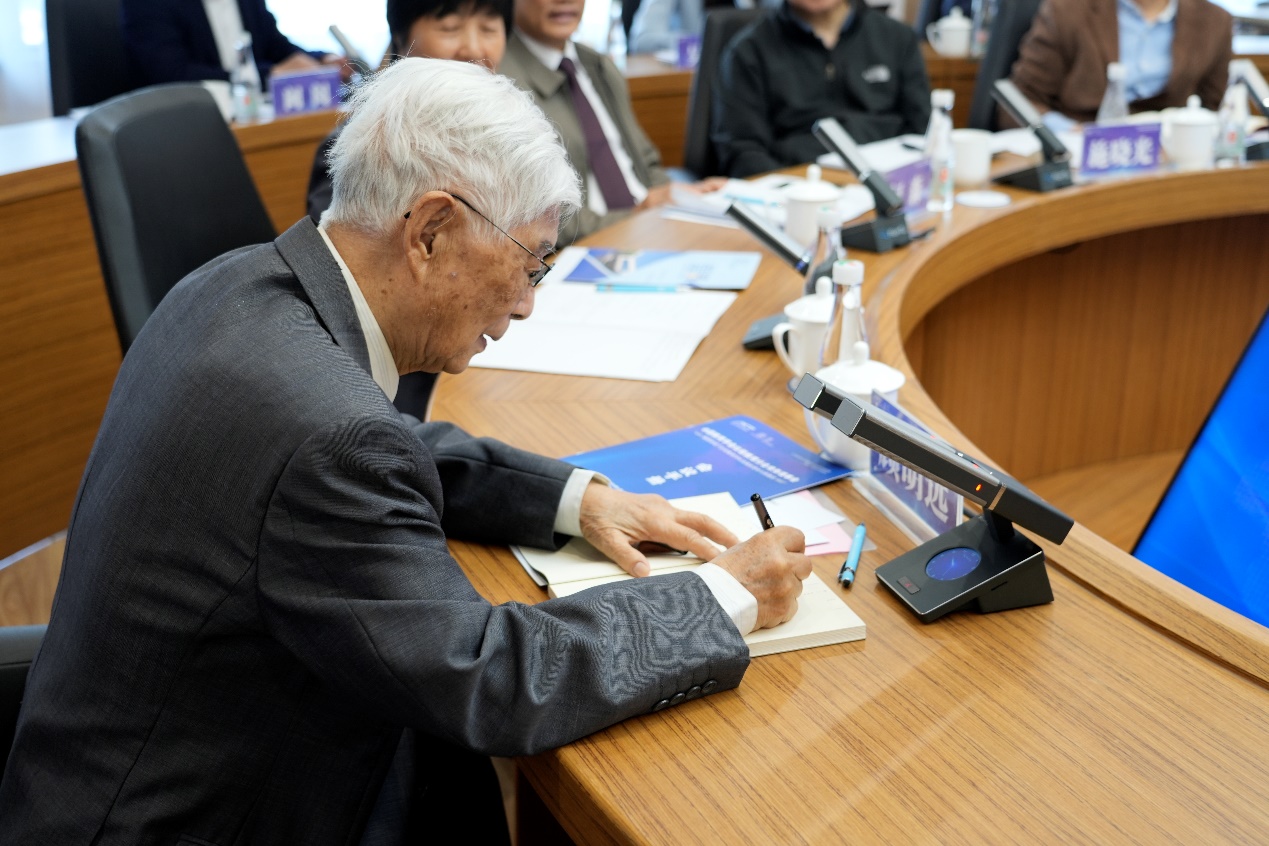
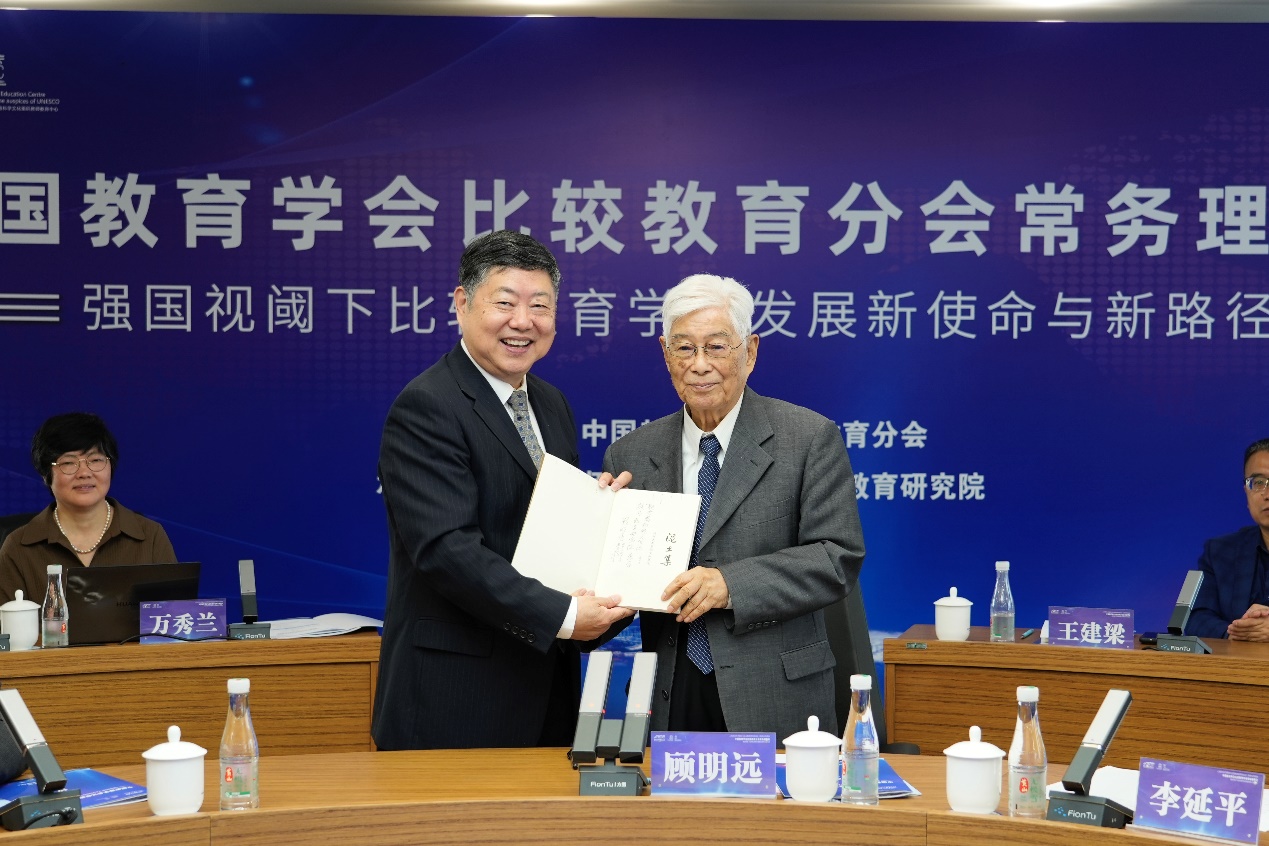
Yan Wenle, Secretary of the Party Branch of RIICE, on behalf of the young and middle-aged faculty of RIICE, presented flowers to Mr. Gu Mingyuan, paying tribute to this generation of educators and all education workers who inherit the spirit of educators.
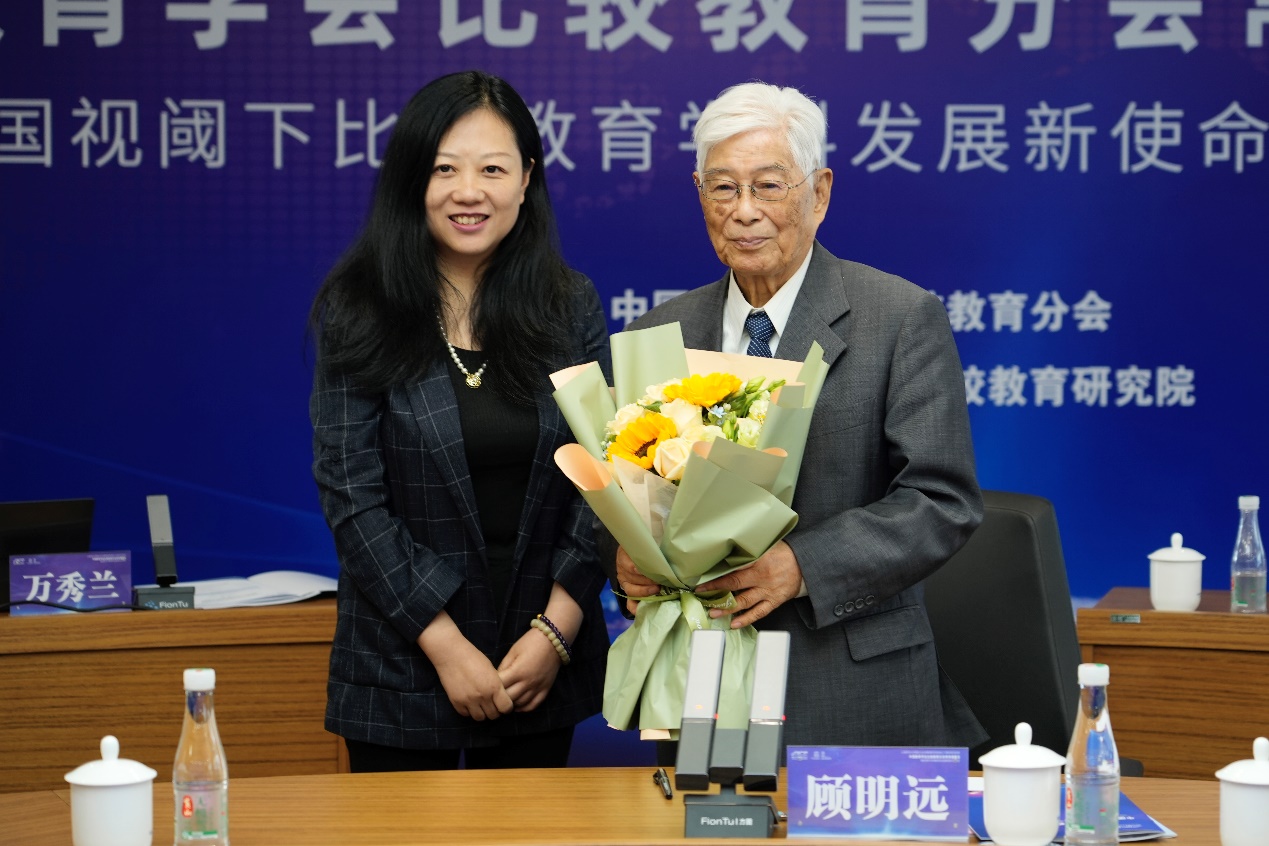
Mr. Gu Mingyuan also took a group photo with RIICE colleagues to celebrate the 10th anniversary of RIICE.
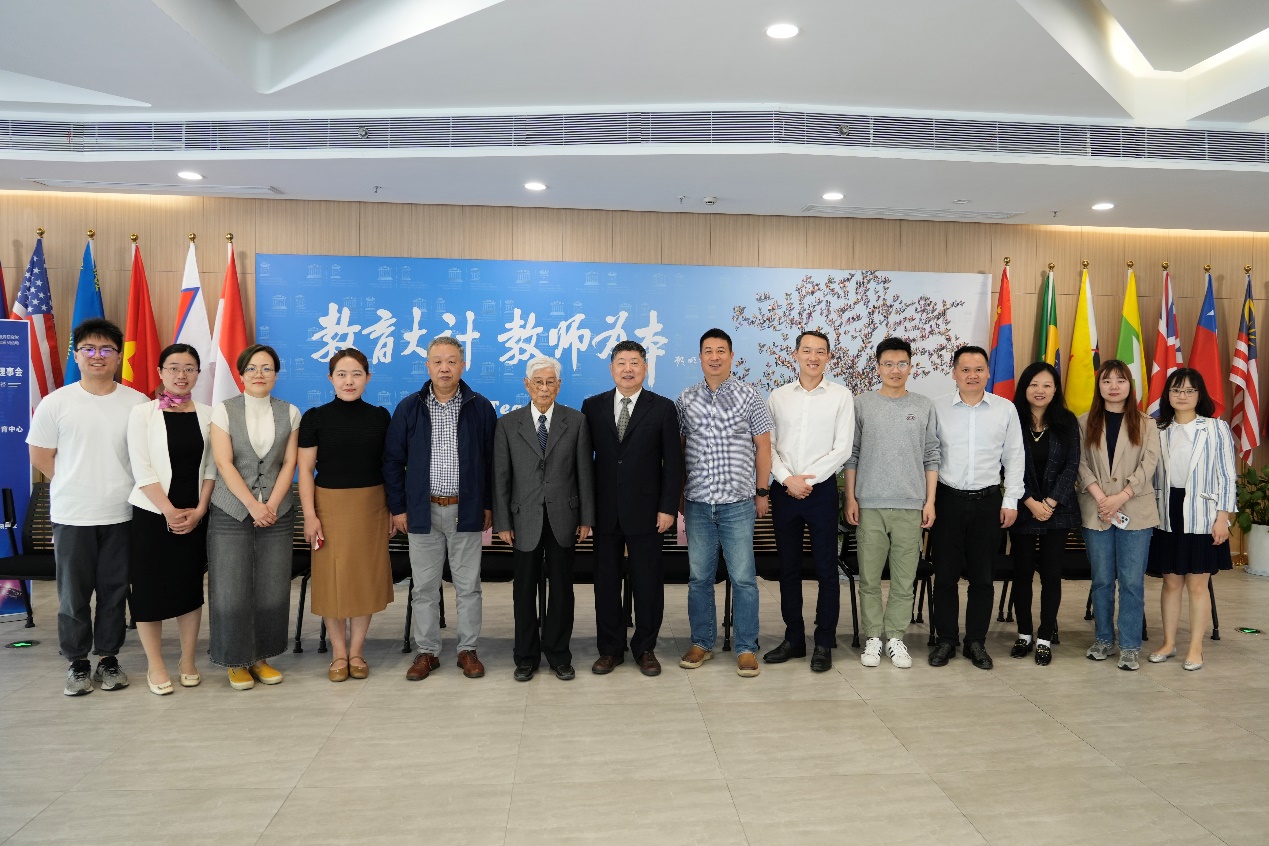
Subsequently, Professor Zhang Minxuan, Director of TEC and Vice President of the Branch, gave a detailed report on RIICE’s achievements over the past decade to all Standing Council Members, which was highly praised by the attendees. He also expressed gratitude to all Standing Council Members for their long-term concern and support for RIICE’s development.
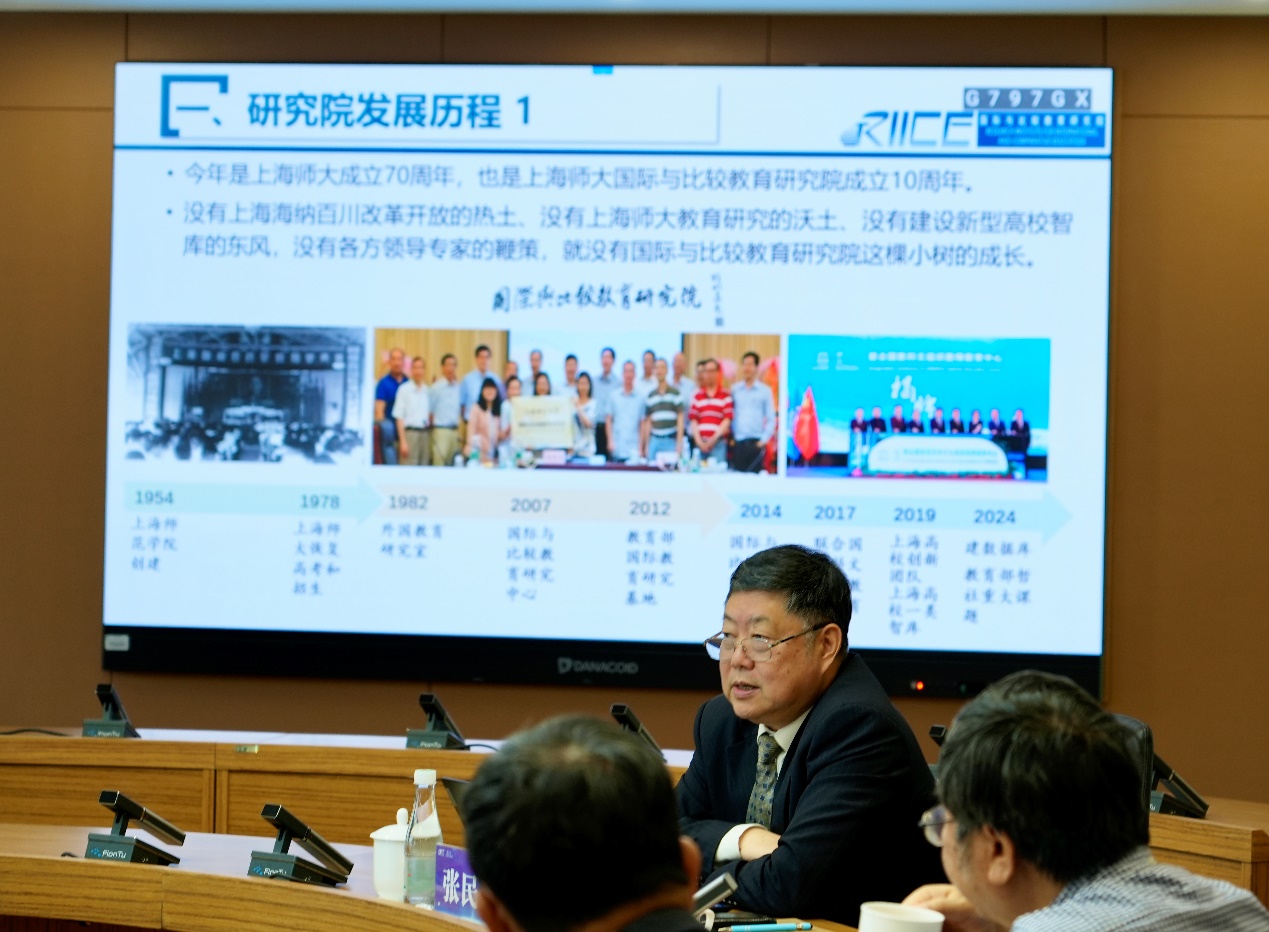
In the afternoon, at the roundtable meeting of the Standing Council of the Comparative Education Branch of the Chinese Society of Education chaired by Liu Baocun, attendees held lively discussions on Basic Requirements for Doctoral Dissertations in Comparative Education. On the one hand, they clarified existing issues and future directions for doctoral dissertations in comparative education, believing that high-quality doctoral dissertations should integrate individuality and commonality, with the following characteristics: first, topics should highlight problem awareness, with practical significance, policy orientation, and a value stance of serving major national strategic development; second, full recognition of the importance of theoretical foundation, research methodology, and analytical framework, with a focus on enhancing their innovation, appropriateness, and logical coherence; third, literature reviews should cover both domestic and international frontiers, serving to respond to research questions; fourth, appropriate strengthening of research conclusions and implications; fifth, thorough collection and analysis of primary literature, emphasis on rigor in data collection and analysis, and improvement of writing skills.
On the other hand, in-depth discussions were held on the characteristics and reforms of the comparative education discipline. It was agreed that comparative education needs to actively absorb external opinions to develop and improve its disciplinary system, while also actively defending itself to maintain its unique style and attributes. In addition, the meeting put forward suggestions on how to implement these basic requirements, including strengthening dissertation review and quality control, promoting academic exchanges and cooperation, and enhancing students’ academic training and guidance. This discussion not only provided clear guidance for writing doctoral dissertations in comparative education but also laid a solid foundation for promoting disciplinary development and improving academic standards.
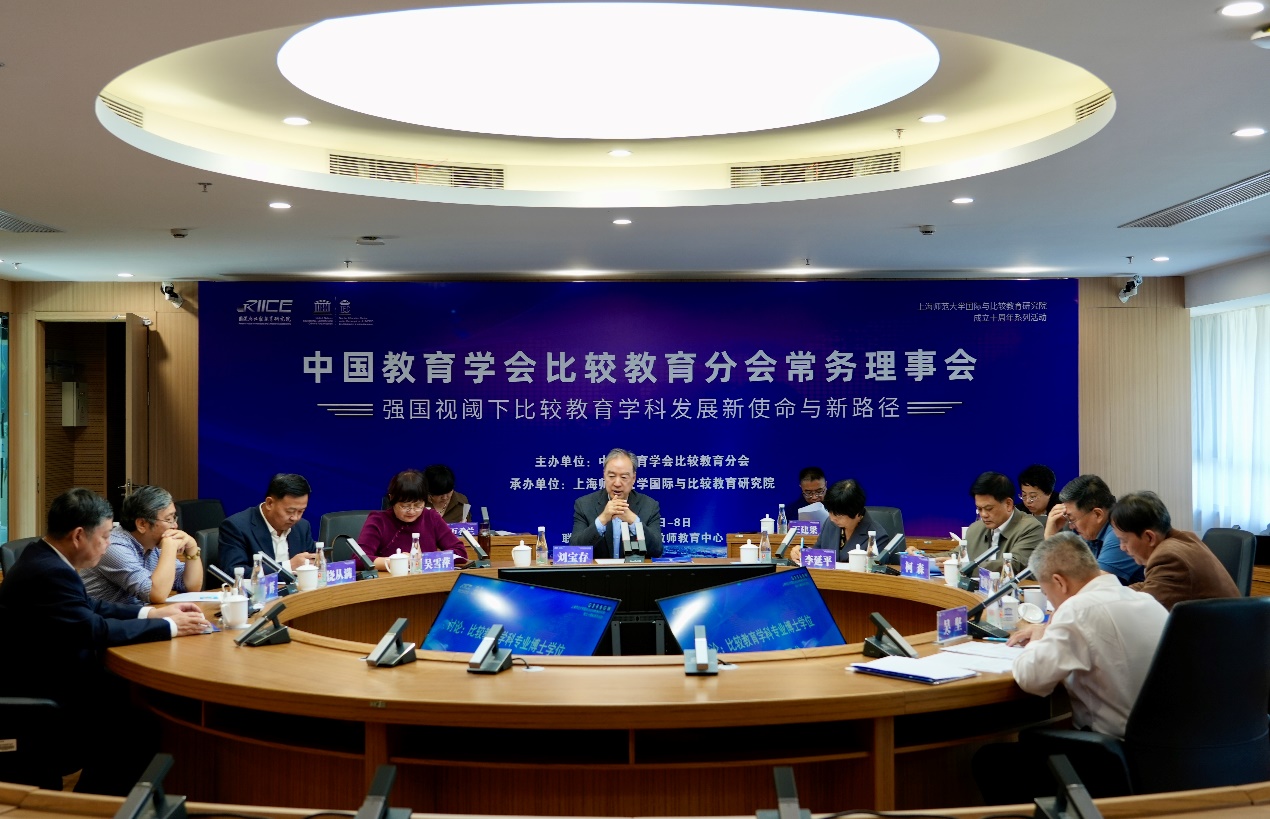
This Standing Council Meeting was also part of the series of events celebrating the 10th anniversary of RIICE, aiming to provide new productive forces for RIICE’s future development. As it embarks on a new chapter of development, RIICE is willing to work with all members of Shanghai Normal University to contribute to the university’s disciplinary development, and to join hands with colleagues in China’s comparative education community to make outstanding contributions to accelerating the building of an educational powerhouse and enhancing China’s international influence and discourse power in education.
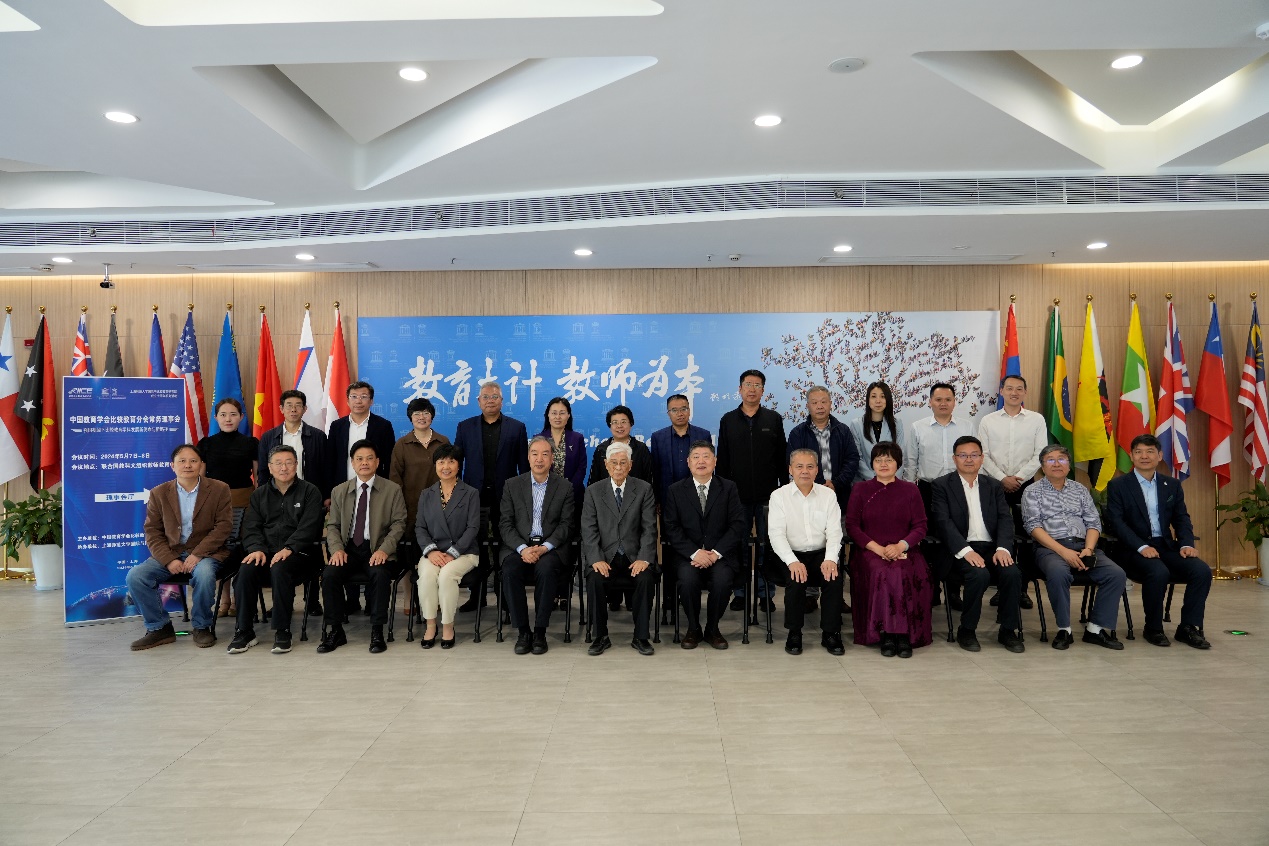
Photos and contributions: Research Institute for International and Comparative Education, Shanghai Normal University




